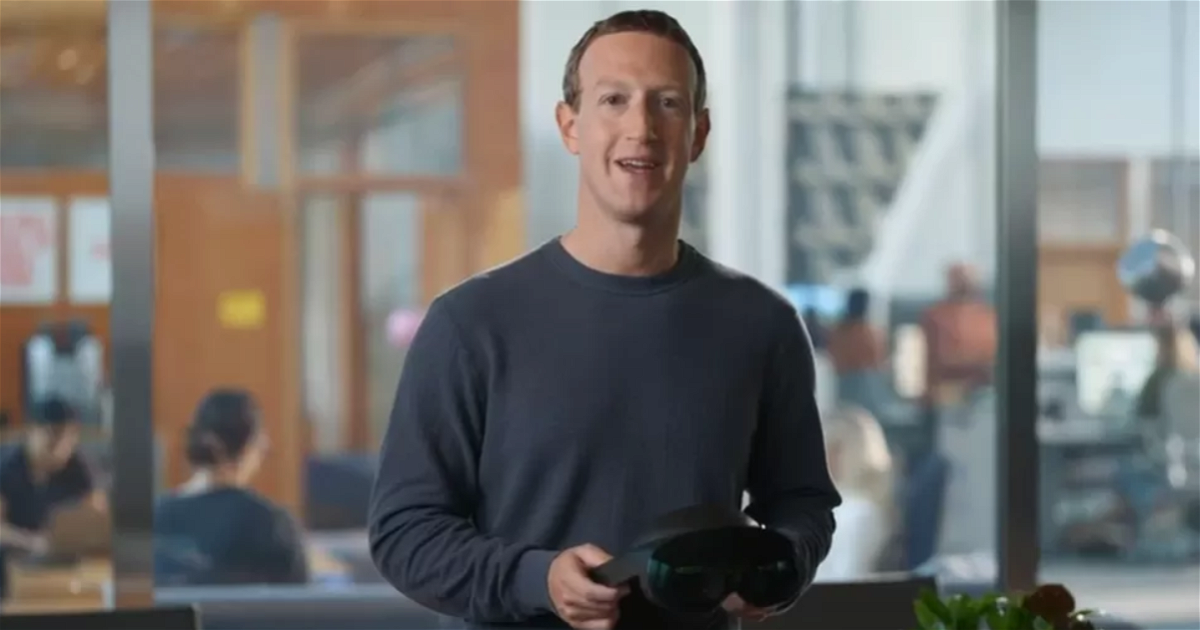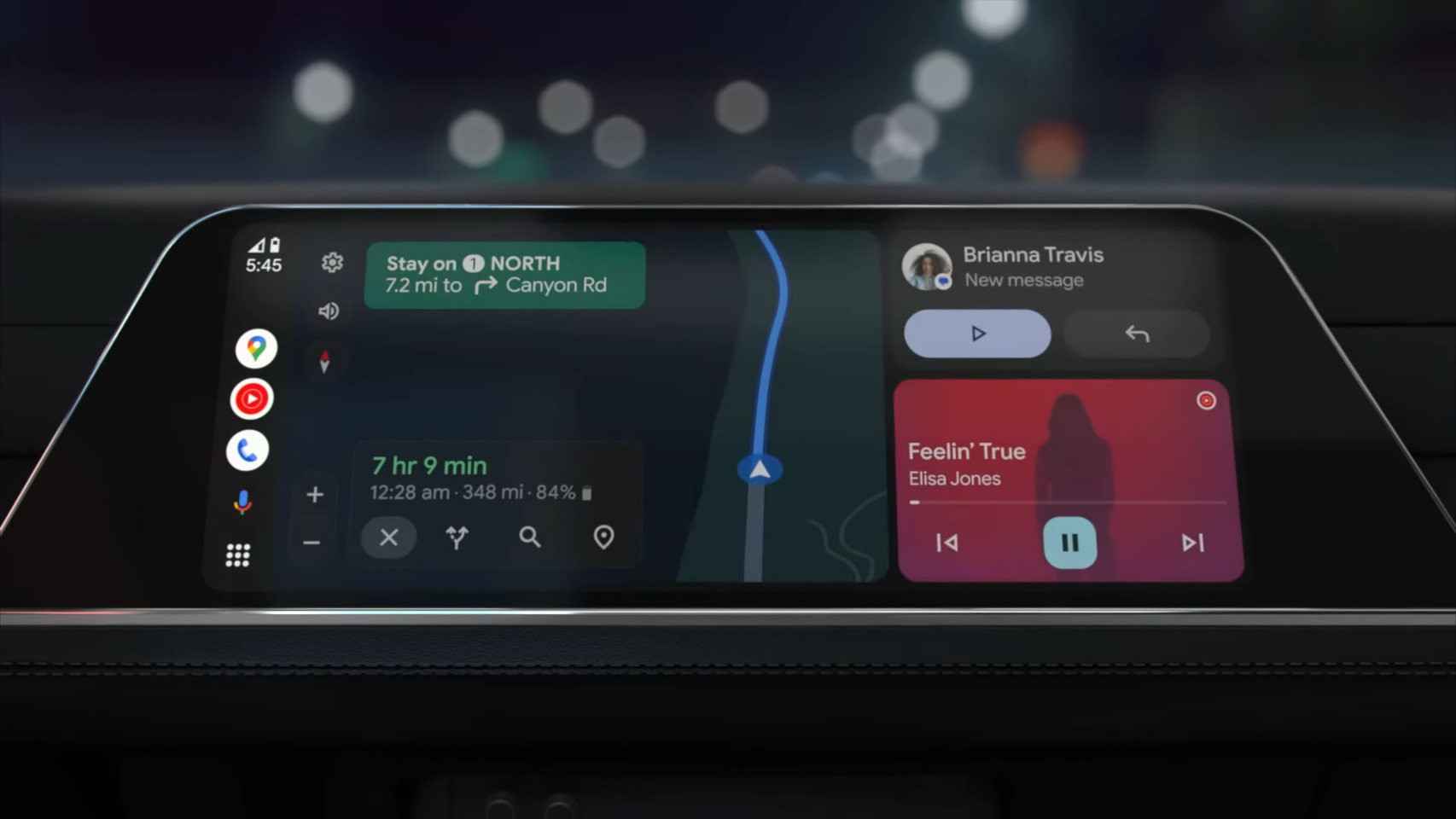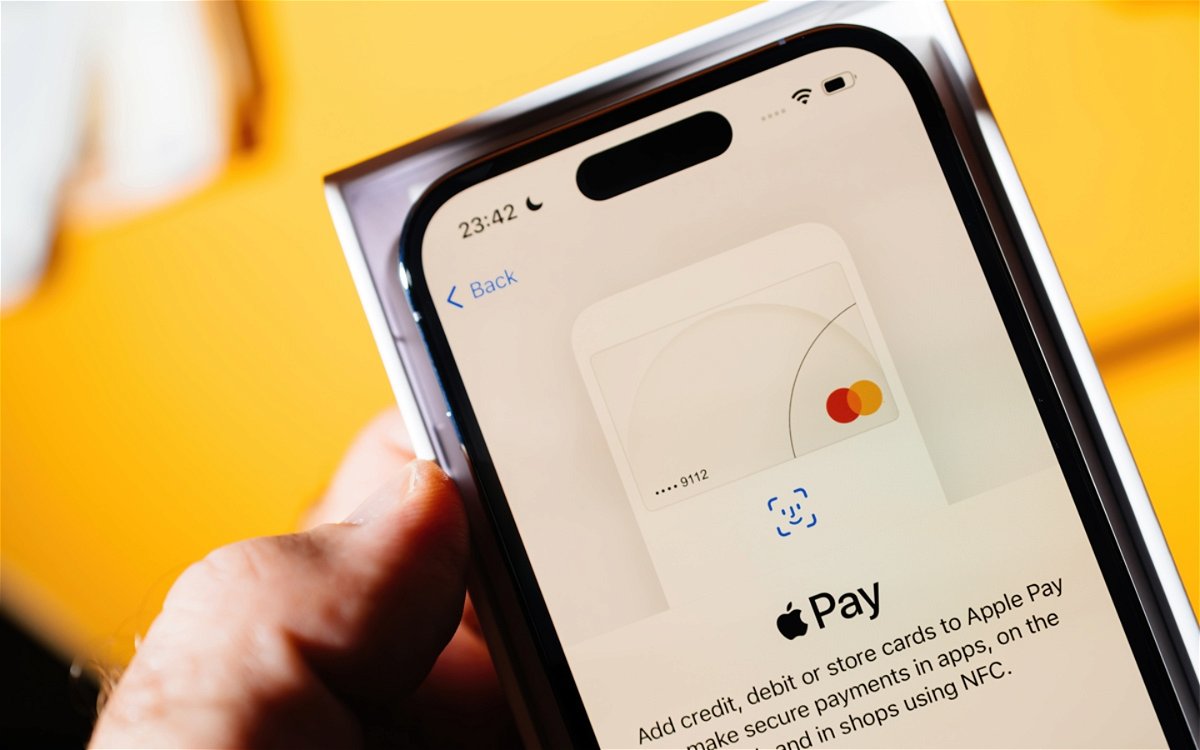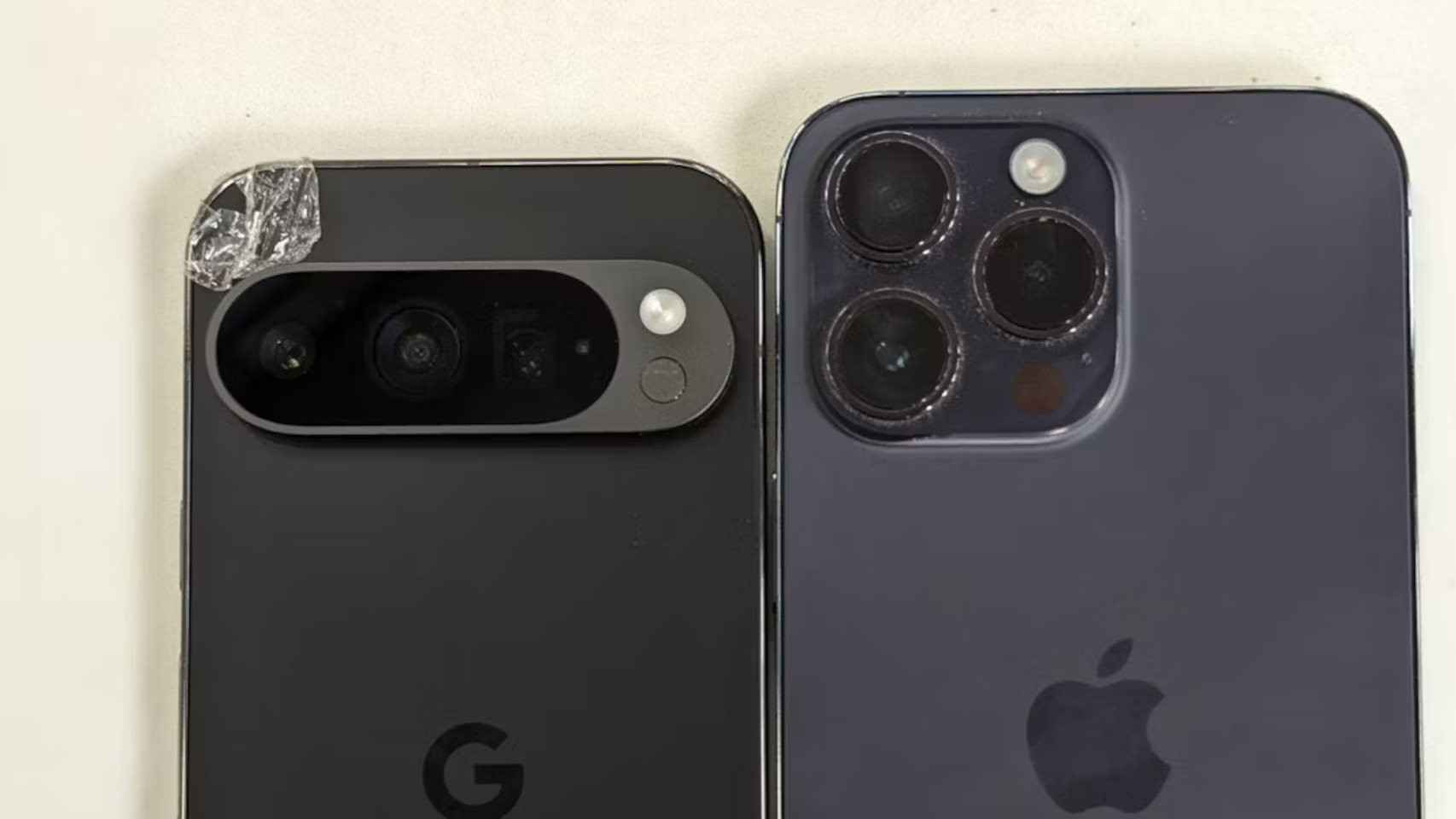Mark Zuckerberg has criticized the Apple Vision Pro, saying it’s too expensive and isolates you too much from the world.
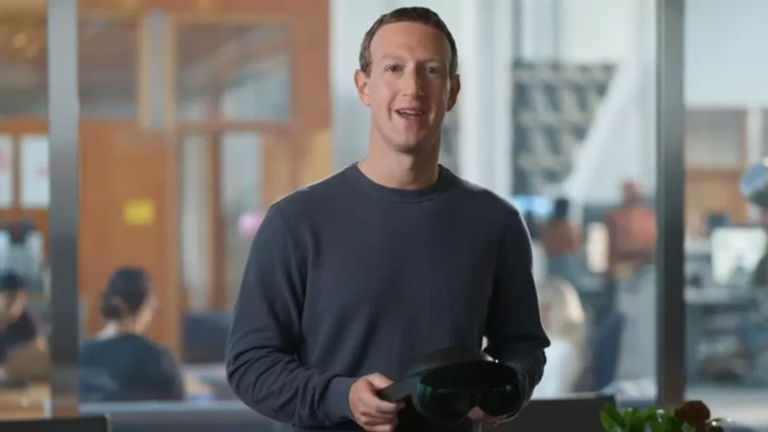
Mark Zuckerberg, creator of Facebook and CEO of Meta, a major conglomerate that includes the world’s most important social networks, such as Facebook, Instagram and WhatsApp, and owner of the Oculus Quest virtual reality glassesleft his impressions of the recently introduced Apple Vision Pro, a direct competition to his glasses.
Apple’s glasses have shown a new future, but Zuckerberg doesn’t seem very enthusiastic. In a statement to his employees, Zuckerberg said that the Vision Pro do not offer “magic solutions” that Meta did not think of and that “they cost seven times more” than its recently announced Quest 3 headset. Of course, let’s not compare the 3D avatars of the Apple Vision Pro with those of Meta.

Apple’s Vision Pro is a new way to see the world
Mark Zuckerberg has two main criticisms of the Apple Vision Pro
The first of these reviews focus on price. It is true that he recognizes that there is a lot of technology inside the Apple Vision Pro, but criticizes that they cost 7 times more than their Quest which costs 499 dollars, the Quest Pro costs 999 dollars . Zuckerberg assures that it is a sample of the philosophy of the two companies.
While in Meta they try to do accessible and affordable devices for allApple does the opposite.
But listen, I think his announcement really shows the difference in values and vision that our companies bring to this in a way that I think is really important.
At this point, he’s partly right, the Vision Pro isn’t an affordable device for everyone. But what Zuckerberg doesn’t know is that we are dealing with a product bearing the name “Pro” which is just the first glimpse of Apple. We are all pretty sure that in In the not too distant future, normal Apple Vision will arrive at a more affordable price and for a larger audience.

The Vision Pro are a work of engineering
In addition to this price criticism, Mark Zuckerberg also sees another clear difference in why his product is better. As indicated, its virtual reality glasses are designed to “be active and do things” with a vision of the “fundamentally social” metaverse. While defines that the Vision Pro are designed to isolate usas in “every demo they showed was a person sitting on a sofa by themselves”.
That may be the vision of the future of computing, but it’s not the one I want.
It is impossible that this type of device does not isolate you from your environment, but I believe that the Apple’s solution isolates you less from your environment by letting it see. Even if you’re immersed in a movie, if someone appears from the side, the Vision Pro will show it to you. And that’s something good old Zuckerberg’s VR goggles don’t do.

Isn’t that isolating people Zuck?
Here is Mark Zuckerberg’s full statement on the Apple Vision Pro:
Apple finally announced its headphones, so I want to talk about that for a second. I was very curious to know what they were going to send. And obviously I haven’t seen it yet, so I’ll learn more as we play with it and see what happens and how people use it.
From what I saw initially, I’d say the good news is that they don’t have any sort of silver bullet to the constraints of law and physics that our teams haven’t really explored yet and they haven’t thought about yet. They went with a higher resolution screen, and between that and all the technology they put into it to power it, it costs seven times as much and now it takes so much power that you now need a battery and a cable attached to use it there. They made this design compromise and it might make sense for the cases they are handling.
But listen, I think his announcement really shows the difference in values and vision that our companies bring to this in a way that I think is really important. We innovate to make sure our products are as accessible and affordable as possible for everyone, and that’s at the heart of what we do. And we’ve sold tens of millions of missions.
More importantly, our view of the metaverse and presence is fundamentally social. It’s about people interacting in new ways and feeling closer in new ways. Our device is also about being active and getting things done. Rather, every demo they showed was of a person sitting alone on a couch. I mean, maybe that’s the vision of the future of computing, but it’s not the one I want. There is a real philosophical difference in how we approach this. And seeing what they’ve put together and how they’re going to compete has made me even more excited and in many ways optimistic that what we’re doing is important and it’s going to be successful. But it’s gonna be a fun ride.

